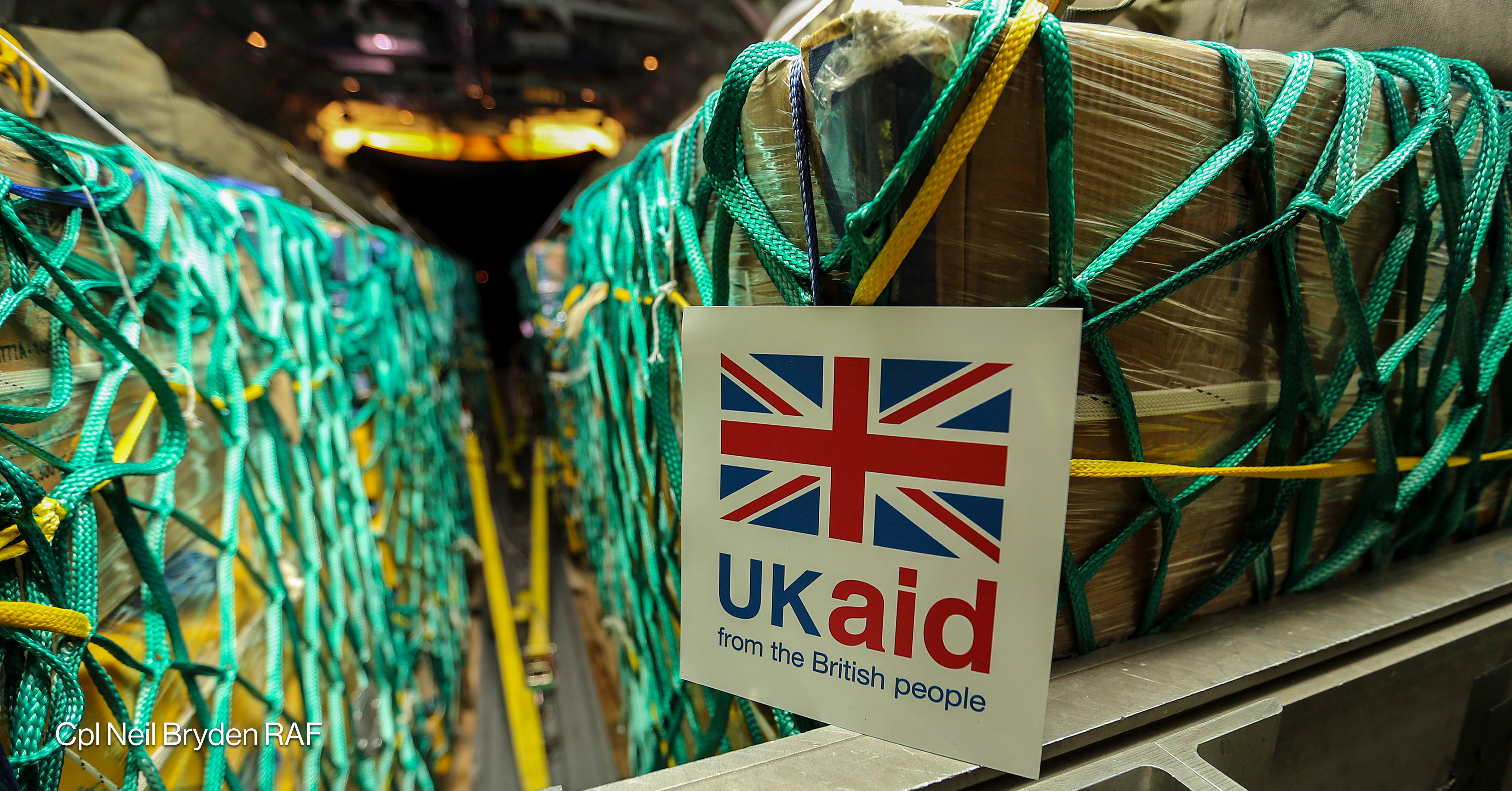After a decadelong civil war which ended in 2006, Nepal remains vulnerable to economic, social, political and environmental instability. While the Nepalese economy has improved in recent years, the country’s economic progress is largely attributed to a surge in remittances from overseas workers. Analysts cite a shortage of domestic employment opportunities which has led to social inequalities and exclusion. Furthermore, most international development agencies, including the U.K. Department for International Development, place Nepal in the list of countries most vulnerable to climate change and natural disasters.
The Nepalese government response to these challenges has been insufficient and often hampered by the political situation in the country. The peace process following the civil war has integrated the Maoist party into mainstream politics and initiated a difficult shift from monarchy to federalism. The country’s still immature institutions have faced difficulty implementing sustainable political and economic reforms that would help Nepal take advantage of foreign aid and development assistance.
As a key development partner, DfID acknowledges Nepal’s important role in trade and economic development as it serves as a transit route between India and China. To help Nepal realize its potential, DfID is dedicating its resources to building a more durable peace in the country and responding to the threat of climate change through clean energy programs.
This story is forDevex Promembers
Unlock this story now with a 15-day free trial of Devex Pro.
With a Devex Pro subscription you'll get access to deeper analysis and exclusive insights from our reporters and analysts.
Start my free trialRequest a group subscription







